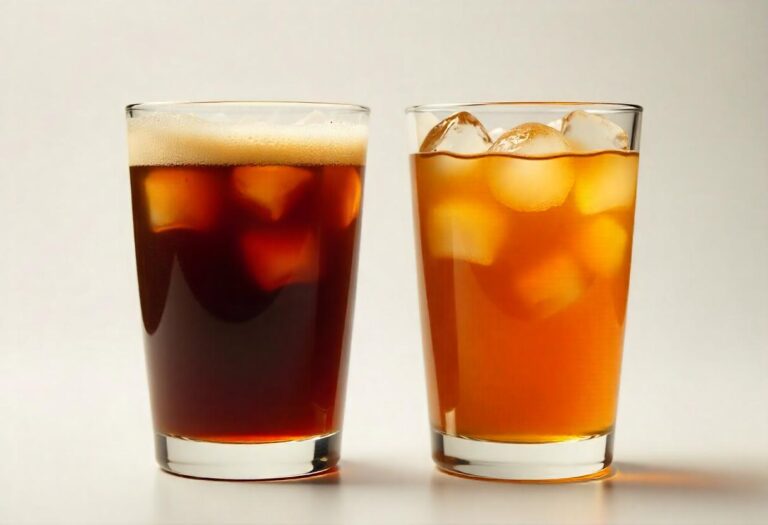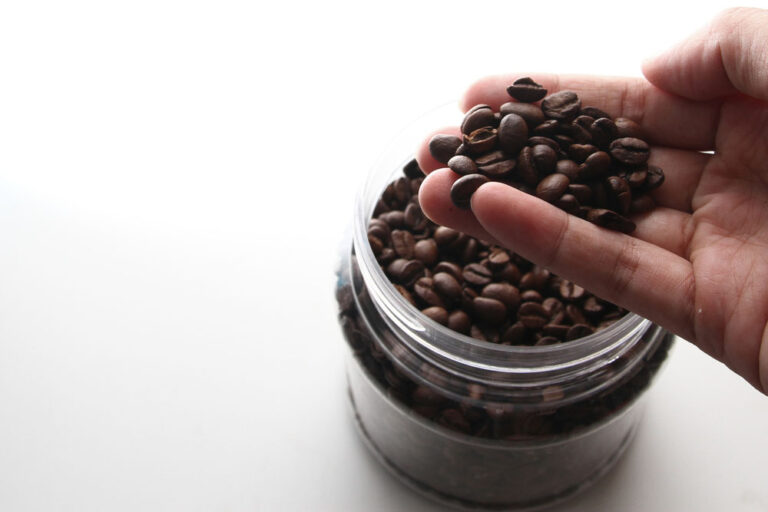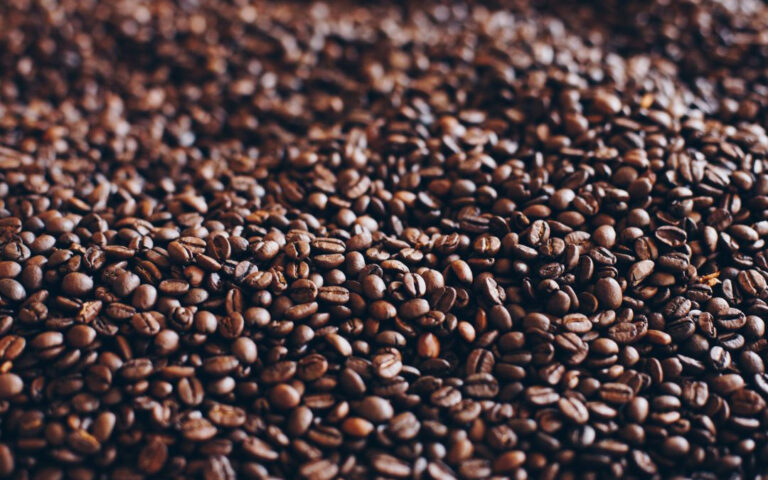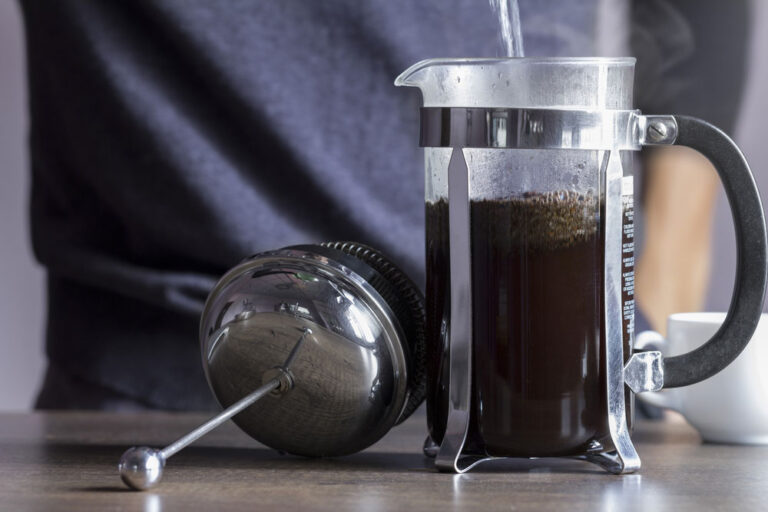Is Decaf Coffee a Diuretic? Here Are All the Facts You Need

We’ve all had the sensation: Drink a cup of coffee, and shortly afterward, you begin looking for a restroom. For years, people have believed that coffee is a diuretic, but about for those who drink decaf? They want to know, “Is decaf coffee a diuretic?”
It’s a good question, and the answer may surprise you.
First, let’s take a close look at exactly what a diuretic is before we answer the question, “Is decaf coffee a diuretic?”
What Is a Diuretic?
A diuretic is any substance, whether it be food, drink, or medication that causes the kidneys to form urine. And when that happens, you begin to look around the place for a restroom.
What’s the Difference Between Regular Coffee and Decaf Coffee?
Ask any coffee lover, and they will tell you that there is a huge difference in regular and decaf coffee. But in addition to that little buzz you get when drinking a cup of regular coffee, here are a few other differences.
Decaf has less caffeine
Notice that we didn’t say there is no caffeine in decaf coffee. The truth is that decaffeinated coffee still has a little caffeine. And that means even when you drink decaf, you’re still drinking a little caffeine.
How much?
The USDA allows a dry package of decaf coffee to contain 0.10 percent caffeine. Studies show that when you brew decaf, it has at least 97 percent less caffeine than regular coffee.
Some brands, such as Crio Bru Ghana French Roast coffee, claim to be 99 percent caffeine-free. If you’re highly sensitive to caffeine, you should probably seek out brands like this.
It doesn’t have as many antioxidants
Both regular coffee and decaf coffee lose antioxidant compounds when they’re roasted. However, decaf coffee undergoes an additional steaming decaf process that causes it to lose even more. That means decaf coffee has fewer chlorogenic acids than regular coffee.
Decaf has more acids
Have you ever noticed that decaf coffee doesn’t have that balanced taste that regular coffee does? It’s caused by an additional soaking process that causes decaf coffee to retain more acid.
It’s not as good for you as regular coffee
Coffee in moderation is good for you, but when you drink decaf, it can have some unwanted side effects.
Here are three:
- Decaf coffee can raise your LDL cholesterol
- It can also increase the fatty acids in your system
- Unlike regular coffee, decaf doesn’t lower your risk of developing heart disease
How Is Decaf Coffee Made?
All coffee beans go through a roasting process, but decaffeinated coffee beans go through a procedure to remove the caffeine afterward.
Processors immerse the beans in a solvent, which includes water, carbon dioxide, or organic solvents. They remain in this solvent until there is no more caffeine left in them. Then the beans get roasted and made ready to sell.
How Much Caffeine Is in a Cup of Decaf Coffee?
We’ve already talked about the fact that decaf coffee contains percent less caffeine, but you may wonder exactly how much caffeine is in a single cup of decaf coffee.
Although the amounts vary, a cup of decaf typically contains about 3 mg of caffeine. Depending on the size of the cup, the caffeine content can range from 0 to 7 mg per cup. Compare that to 70 to 140 mg of caffeine in a regular cup of coffee, and it’s significant.
Can I Drink Decaf Coffee If I’m Allergic or Intolerant to Caffeine?
Some people can’t handle caffeine well, and those people should think twice about drinking decaf coffee. As you know, there is a small amount of caffeine even in decaf, so the answer isn’t cut and dried.
Here are the recommendations for each condition.
Caffeine allergies or hypersensitivities
It turns out that some people can’t process caffeine because they don’t have the necessary genes that would allow them to do so. When someone like this drinks coffee with any amount of caffeine in it, their body stores the caffeine instead of breaking it down. Others have anaphylactic reactions to caffeine.
People with these conditions have reactions such as sweats, swelling, rashes, and a hard time breathing when ingesting caffeine. Also, researchers link ADD and dementia with caffeine allergies.
If you suffer from caffeine allergies or hypersensitivity, experts recommend that you don’t drink decaf coffee because it could harm you.
Caffeine intolerance
If you’re not allergic or hypersensitive to caffeine, but experience things like headaches, anxiety, restlessness, insomnia, fatigue, palpitations, and high blood pressure when you drink it, you may be able to enjoy a cup of decaf coffee on occasion.
How much you can drink will differ for every individual. Some people are more sensitive than others and will have more intense symptoms. So while guidelines say you should be able to enjoy three to four cups of decaf coffee a day, that may be too much for you.
Let your experience guide your actions, here.
So, Is Decaf Coffee a Diuretic?
Let’s get to what you brought you here. You’re asking, “Is decaf coffee a diuretic?” and we have the answer.
To sum it up:
When asking, “Is decaf coffee a diuretic?” the answer is a resounding no.
Decaf coffee is not a diuretic. In fact, it is equal to water in how much it makes you urinate.
Regular coffee, on the other hand, is a mild diuretic, but it generally takes two cups to affect the body.
How Many Cups of Decaf Coffee Can I Safely Drink a Day?
Now that you have your answer to the question, “Is decaf coffee a diuretic?” you might want to know how many cups you can safely drink a day. After all, we did list some potential negative side effects to the drink earlier.
And one that we mentioned is a higher LDL cholesterol count.
Here’s why that matters:
Decaffeinated coffee manufacturers use a different bean to make their coffee, and it has more fat than regular coffee beans.
Researchers at the Piedmont-Mercer Center for Health and Learning studied 187 people. They first took blood samples for each participant, and then they divided them into three groups for a three-month study.
The first group drank three to six cups of regular, caffeinated coffee each day, the second group drank the same amount of decaffeinated coffee a day, and the third group didn’t drink any coffee.
Then researchers took new blood samples from everyone in the group and looked at the cholesterol and non-esterified fatty acids in their blood. Both of these are indicators of heart disease.
They found that the decaf coffee drinkers experienced an 18 percent increase in NEFAs and an 8 percent increase of apolipoprotein B. This is a protein that’s associated with the cholesterol linked to heart disease. Researchers didn’t see the same results in the other two groups.
So the answer to your question is, it depends. If you already have high cholesterol or heart problems, you should probably limit your decaf coffee intake. Your best bet is to speak with your doctor and ask about your specific circumstances.
The Health Benefits of Decaf Coffee
Decaf coffee has some health benefits, too. Unfortunately, most studies done about coffee don’t make the distinction between regular coffee and decaf, and the studies are observational. That means they can’t prove whether or not coffee causes these benefits, but they can conclude that coffee is somehow associated with them.
It has antioxidants
We mentioned above that coffee contains beneficial antioxidants, but keep in mind that decaf coffee contains fewer of them than regular coffee.
Coffee can prevent type 2 diabetes
Studies show that drinking decaf coffee can reduce the risk of type 2 diabetes. For every cup you drink a day, your risk could lower your risk by up to 7 percent.
It causes decreased liver enzymes
Another observational study shows that people who drink decaf coffee have reduced liver enzyme levels. Researchers believe that decaf coffee acts as a protector for your liver.
A Fun Decaf Coffee Recipe
Now that we’ve answered the question, “Is decaf coffee a diuretic?” and you know that it’s not, we thought we’d conclude this article by giving you a fun recipe that you can make with decaf coffee.
After all, now that you know you can drink with without having to run to the restroom after every cup, wouldn’t it be fun to mix things up a little and have some fun with it?
Decaf unicorn fuel
If you still crave that energy boost you get from regular coffee, but can’t handle the caffeine, try this decaf unicorn fuel. The blogger who wrote the post says she wasn’t planning to write that day, but she became so energized after drinking this recipe, she had to.
Ingredients:
- 2 cups of decaf coffee
- 1 tablespoon coconut oil
- 1 teaspoon of butter or ghee
- 1/2 teaspoon of cinnamon
- 1 teaspoon of maca powder
- 1 teaspoon of unsweetened cocoa powder
- 1/8 teaspoon of turmeric
- A pinch of salt
Instructions:
Place all of the ingredients in a blender, and blend for 30 seconds. Pour it into a cup or glass and enjoy!
Is Decaf Coffee a Diuretic: Question Answered
Now that you have the answer to, “Is decaf coffee a diuretic?” you can feel free to drink it anyplace you go without worrying that will cause diuretic effects. Will you make it for a hot drink in the morning, a cold drink for the heat of the day, or the decaf unicorn fuel recipe above?
Do you drink decaf coffee? If so, we would love to hear about any recipes, tips or tricks you have in the comments below!






